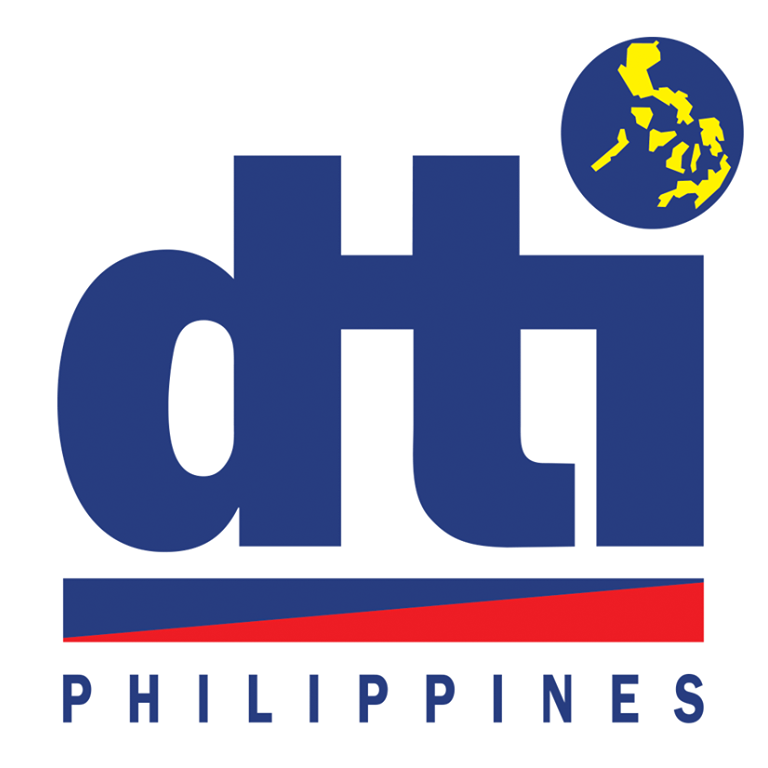
In December this year, the European Union starts implementing the EU Deforestation Regulation (EUDR), and the Philippines will do well to begin adjusting to the changes and seizing opportunities this far-reaching regulation is expected to bring.
Bianca Pearl Sykimte, director of the Philippines’ Department of Trade and Industry-Export Marketing Bureau, recently said the EUDR opens up opportunities particularly for Philippine coconut oil exports to capture a larger share of the EU market since the country’s palm oil competitors will be affected by the regulation.
In 2023, coconut oil was reportedly the country’s third top export product to the 27-member block, valued at US$547.15 million.
The EUDR is part of the EU’s comprehensive effort to prevent the entry of commodities linked to deforestation in a bid to curb forest loss, land degradation, and biodiversity loss; reduce the region’s contribution to greenhouse gases emissions and climate change; and protect human and indigenous people’s rights.
From December 30, 2024, the EU will require companies doing business with it to comply with EUDR requirements. The major policy, which came into effect on June 29, 2023, aims to prevent the importation into the European Union of seven products linked to deforestation and forest degradation.
These commodities are rubber, palm oil, soy, coffee, cocoa, wood, and cattle, as well as the products made using these commodities.
Once compliance becomes mandatory at the end of 2024, companies trading in these seven commodities must prove their products did not originate from recently deforested areas or contributed to forest degradation.
Fortunately, these products are not among the top Philippine exports to the EU.
However, Ma. Flordeliza C. Leong, vice president at the Philippine Exporters Confederation, Inc. (PHILEXPORT), commented that while the country’s products may not be too drastically affected by the EUDR, the Philippines should not be complacent and must still make the necessary preparations to soften the impact this sustainability-oriented regulation is expected to bring upon business operations and supply chains globally.
“We are also helping these affected sectors to develop and grow. Part of these preparations should also consider this EU policy,” Leong said.
The EUDR is expected to affect both large companies and small and medium enterprises (SMEs), although obligations for the latter are delayed until June 30, 2025, with simplified obligations for SME traders.
Moreover, the EUDR will cover the entire value chain. All operators and traders must trace their supplies, perform due diligence, and conduct a risk analysis to ensure their products are deforestation-free. If risks are identified, they must take necessary measures to mitigate them before placing the products on the market.
Compliance will mean implementing stringent due processes, investing in sustainable practices, and enhancing transparency and reporting.
Non-compliance with the EUDR will prevent access to and exports from the EU. It will be prohibited to place relevant products on the EU market, or export them from the EU, unless these commodities meet three requirements:
• They are deforestation-free.
• They have been produced with the relevant legislation of the country of production in terms of environmental protection, land use rights, and labor rights, among others.
• They are covered by a due diligence statement.
There are penalties for non-compliance. These may take the form of fines of up to 4% of the company’s EU turnover, confiscation, or exclusion from public funding or contracts.
Last year the EU was the Philippines’ fifth largest export market, according to Sykimte, with electronics, semiconductors, coconut oil, and tuna among the top exports to the bloc.



